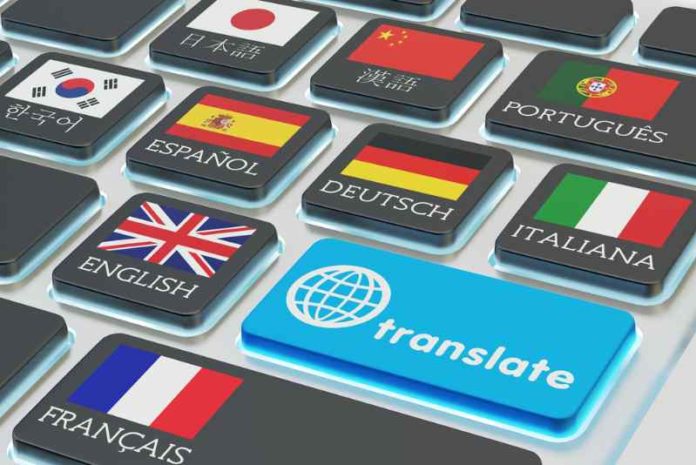By Louise Taylor
In an increasingly globalised world, translation services are in higher demand than ever before. With that in mind, businesses need to know the dos and don’ts of the translation world in order to be at the top of their game. As such, here are five unbreakable rules for those undertaking business translations.
1. Never use machine translation services
Technology has come a long way in recent years. From analysing dark matter to sequencing the human genome, there seems to be little that we can’t accomplish when using machines. Apart from accurate and reliable translation, that is.
While easily accessible services like Google Translate may seem attractive (they’re fast and free), they lack the ability to deal with the nuances of language and thus struggle to offer reliably accurate results in a business context. A Spanish tourist website learned this the hard way when they inadvertently advertised their “clitoris festival” as a result of a Google Translate mishap.
Easily stumped by idioms and complex sentences, machine translation software just doesn’t come up to snuff (just try to Google Translate that expression, if you need proof!).
If you’re after accurate business translation, find a professional human translator. Doing so is the only way to ensure that your translations are accurate and can be localised effectively.
2. Always opt for localization
Foreign languages can be tricky beasts to tame. Beyond the issue of literal foreign vocabulary, language contains a great deal of nuance in the way that it’s used. Due to the myriad ways in which languages and cultures differ, some phrases can lose their meaning in translation.
A good example of this is the translation of idioms. While a native English speaker would undoubtedly understand what is meant by describing something as “a pain in the neck,” a literal translation of the phrase would no doubt result in confusion to a foreign reader unfamiliar with the original English idiom.
Mistranslations as a result of lack of localization are surprisingly common in international advertising. A couple of amusing examples include the American Dairy Association’s famous tag-line “Got Milk” becoming “Are you lactating?” in a Mexican ad campaign, and Pepsi’s “Come Alive” campaign, which claimed to “bring your ancestors back from the dead” when it was carried over to China.
As humorous as a mistranslation can be, they’re a lot less funny when it’s your own company involved. A small miscommunication can radically alter the meaning of the original message. Not only do these easily avoidable mistakes have the potential for disastrous consequences for your translations, they reflect poorly on your business.
This is all the more reason to ensure that you use a professional human translator who is equipped to ensure that your translation is appropriately localised. This will guarantee that the true meaning of the original source material is accurately reflected in the translation and that it neither amuses nor offends your target audience unintentionally.
3. Make sure your professional translators are natives of your target languages
Few people are going to be as well equipped to translate your material as reliably and accurately as native speakers of your target languages.
Language is incredibly nuanced. If you want to ensure all these nuances are accurately reflected in both the translation and localization of your materials, it’s important to use a native speak who already possesses intuitive knowledge of the target language and its use–as well as the religious, moral and political norms of the target culture.
4. Use a subject specialist translator
In the same vein as the above, an expert with in-depth knowledge of your subject area is far better equipped to ensure the accuracy of your translation than is a general translator.
Technical terms and jargon can make translation difficult for anyone not well-versed in your specialist area. That’s why the translation of specialist material is best left to a professional translator whose understanding of the material extends beyond the literal vocabulary involved.
As such, be sure to grill any potential translators on their knowledge of your subject matter before hiring them.
5. Use an agency with a management team and dedicated payment system
Using a professional translation company can save a lot of the time and hassle involved in finding and liaising with independent freelance translators yourself.
Working with a translation agency can help mitigate the risk of a freelancer dropping out mid-project–a circumstance that would instantly cause unnecessary delays and additional costs. Agencies also tend to have good back office support systems in place, such as easy-to-use payment systems and live chat customer support services.
A professional translation company can also provide peace of mind regarding the confidentiality of your documents – an important selling point for anyone with a potentially sensitive business translation in this age of hackers and data breaches.
Louise Taylor has a passion for languages and the written word. She writes on behalf of Tomedes, an international translation company that covers more than 90 languages with clients worldwide.
Translation stock photo by cybrain/Shutterstock







